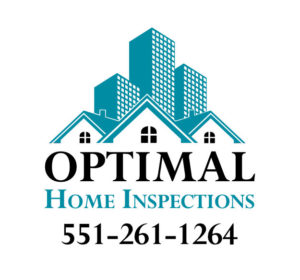The inspector shall:
- inspect:
- interior water supply and distribution systems including fixtures and faucets.
- interior drain, waste, and vent systems including fixtures.
- water heating equipment and hot water supply systems.
- vent systems, flues, and chimneys.
- fuel storage and fuel distribution systems.
- sewage ejectors, sump pumps, and related piping.
- describe:
- interior water supply, drain, waste, and vent piping materials
- water heating equipment including energy source(s).
- location of main water and fuel shut-off valves.
The inspector is NOT required to:
- inspect
- clothes washing machine connections.
- interiors of vent systems, flues, and chimneys that are not readily accessible.
- wells, well pumps, and water storage related equipment.
- water conditioning systems.
- solar, geothermal, and other renewable energy water heating systems.
- manual and automatic fire extinguishing and sprinkler systems and landscape irrigation systems.
- septic and other sewage disposal systems.
- determine:
- whether water supply and sewage disposal are public or private.
- water quality.
- the adequacy of combustion air components.
- measure water supply flow and pressure, and well water quantity.
- fill shower pans and fixtures to test for leaks.


